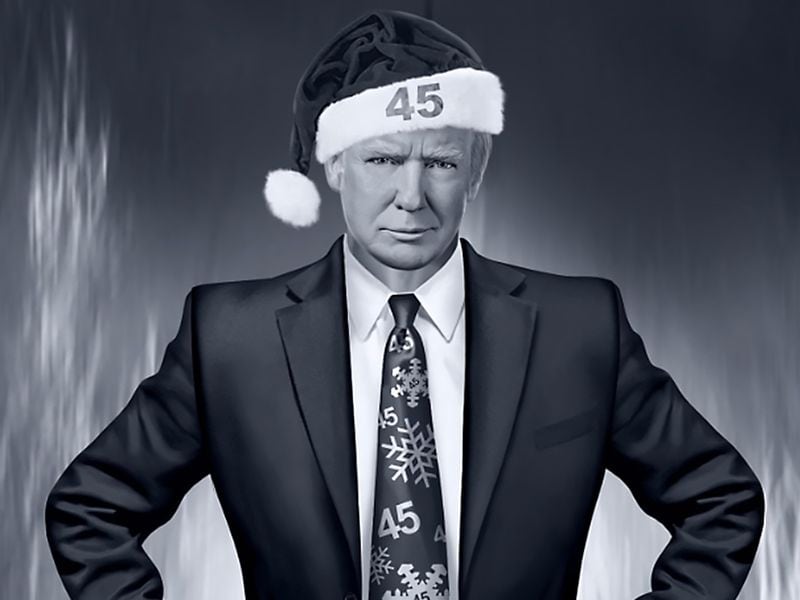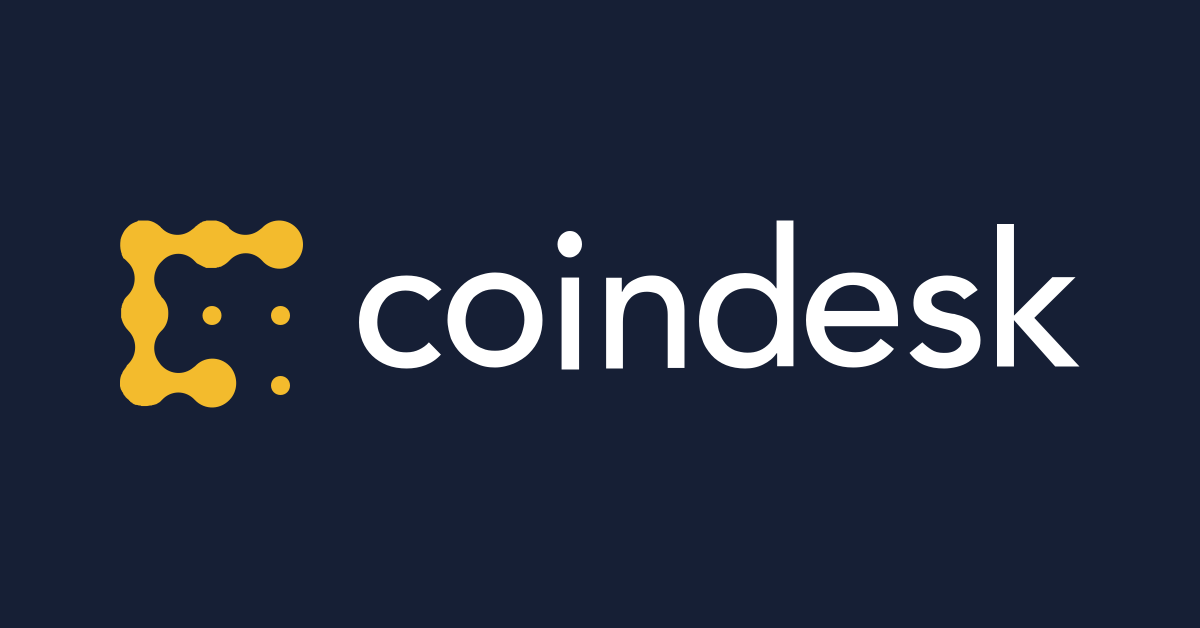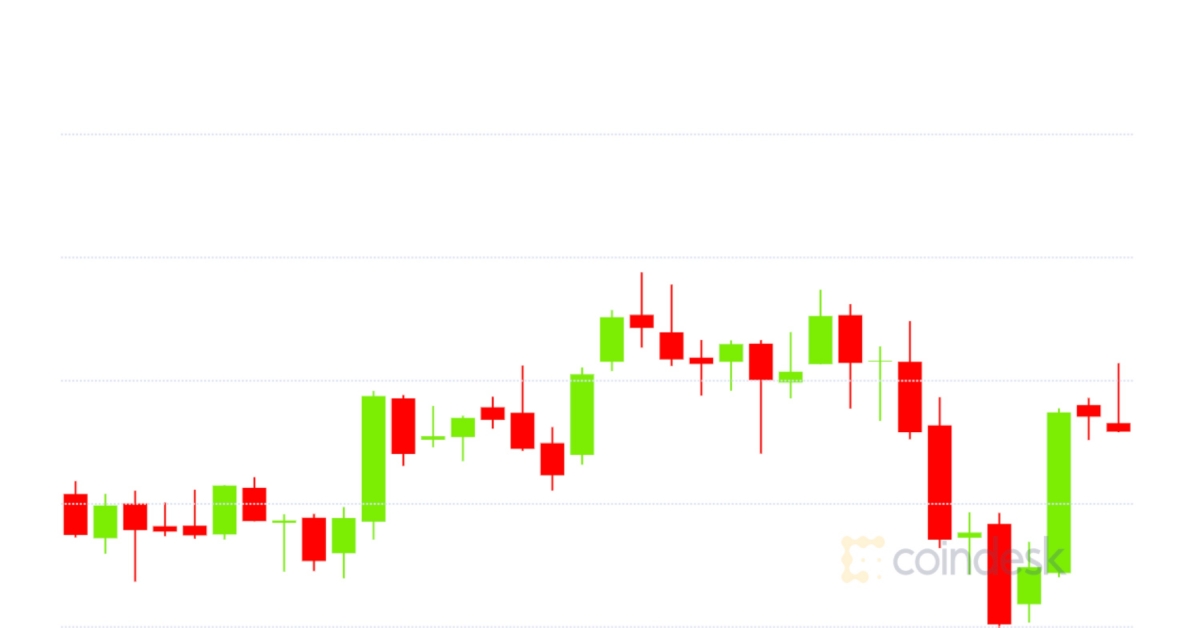Fidelity Crypto Chief Says Hard Fork May Delay Firm’s Support for Ethereum

Fidelity Digital Assets (FDAS) will take its time about adding support for ethereum, the executive in charge of the new platform said.
The digital asset trading and custody branch of Fidelity Investments, which went live this quarter, has developed an internal framework for evaluating any cryptocurrencies that may be added in the future, according to FDAS president Tom Jessop.
While Jessop has previously said FDAS might look to add ether and other cryptocurrencies, he told CoinDesk Thursday that the process to do so may not be cut-and-dried.
“We’re currently supporting bitcoin, we have designs to support other coins over the balance of the year center to various criteria including our [in-house selection framework], where we obviously look … at client demand and other things,” he said.
This framework looks at how decentralized a coin is, what the client demand looks like and whether there are any “peculiarities about the protocol” which would make it difficult to launch or continue to support a given cryptocurrency on FDAS’ platform.
And, so far at least, client demand has correlated tightly with market capitalization, Jessop said.
“We will probably go in market cap order, that’s where the demand is but it doesn’t mean that we will list every coin,” he said. “There may be reasons why we [won’t list] a coin that have nothing to do with quite frankly client [demand].”
As one example, Jessop pointed to ethereum, currently the second-largest cryptocurrency by market cap. He explained:
“We’d love to have support [for] ether but you know you have a hard fork coming up and some upgrades, so I think we’re trying to see how those things work out before we make a decision to put them on the platform.”
The recent Constantinople hard fork implemented a number of upgrades to ethereum, including lowering the ether block reward, as well as a few other technical changes; another one called Istanbul is tentatively expected in October.
Part of the challenge is in ensuring that FDAS can protect investors, Jessop said. He cited another cryptocurrency, ethereum classic, as an example of a project that would require an in-depth risk assessment due to the 51 percent attack the protocol suffered earlier this year.
Jessop did not provide any sort of timeline for when new assets might be added to the platform.
Goals for 2019
Looking ahead, Jessop said FDAS plans to scale its business over the rest of 2019, and wants to cover 90 percent of its market in the U.S. by the end of the year.
This scaling will include both securing regulatory approvals, such as money service business licences, as well as continuing to work out any possible bugs in the platform at present.
“Despite crypto winter, the market is still pretty robust and so we’re excited about that,” he said, adding:
“The [goal for the] rest of the year is scale the business in terms of adding new clients [and] expanding the scope for offering trading execution services … we can we say we’re live [but] it’s also a function honestly of where we have jurisdictional authority to operate.”
While Jessop declined to say which states FDAS currently has licenses in – or even how many – he said it is “a reasonable number,” and the firm is continuing to work on acquiring licenses through the rest of the year.
“We’re still in the process of collecting licenses to do business in multiple jurisdictions,” he said, but “we’re very encouraged [by] the progress we’ve made so far.”
Moreover, he added, “we continue to pursue status as a qualified custodian and … that’s still in sight for this year and it’s really been a priority we have.”
While FDAS is looking to secure state-level licenses, Jessop did note that the company is prioritizing the states which have larger market shares, rather than focusing on every state at once.
Client interest
Fidelity has seen “a significant amount of demand” since its announcement in October, Jessop told CoinDesk, with a wide variety of firms expressing interest: everyone from dedicated crypto funds to hedge funds, family offices, intermediaries and even individuals looking to launch their own private fund products based on crypto have reached out.
FDAS has also received interest from exchanges hoping to offer clients custody through Fidelity, Jessop said.
“I know in terms of [assets under management] … it’s anywhere from like low single-digit millions up to tens if not hundreds of millions,” he said of the potential business from this channel.
The company surveyed various types of funds as well, finding that interest in crypto investment has remained “consistent” across the different types. Jessop explained:
“We’ve still seen consistent interest from institutions, I think largely because institutions have been doing their homework and returned to understand the space, and quite frankly wouldn’t make a decision to invest at any price until they really understood their own personal [investment] theses.”
Included in Fidelity’s survey were some number of pension funds, and while some have asked questions about allocating capital, Jessop said he does not see any others actually committing funds to the asset class (apart from a previously announced investment by a Virginia county retirement fund in a Morgan Creek vehicle).
Tom Jessop photo by Nikhilesh De for CoinDesk









